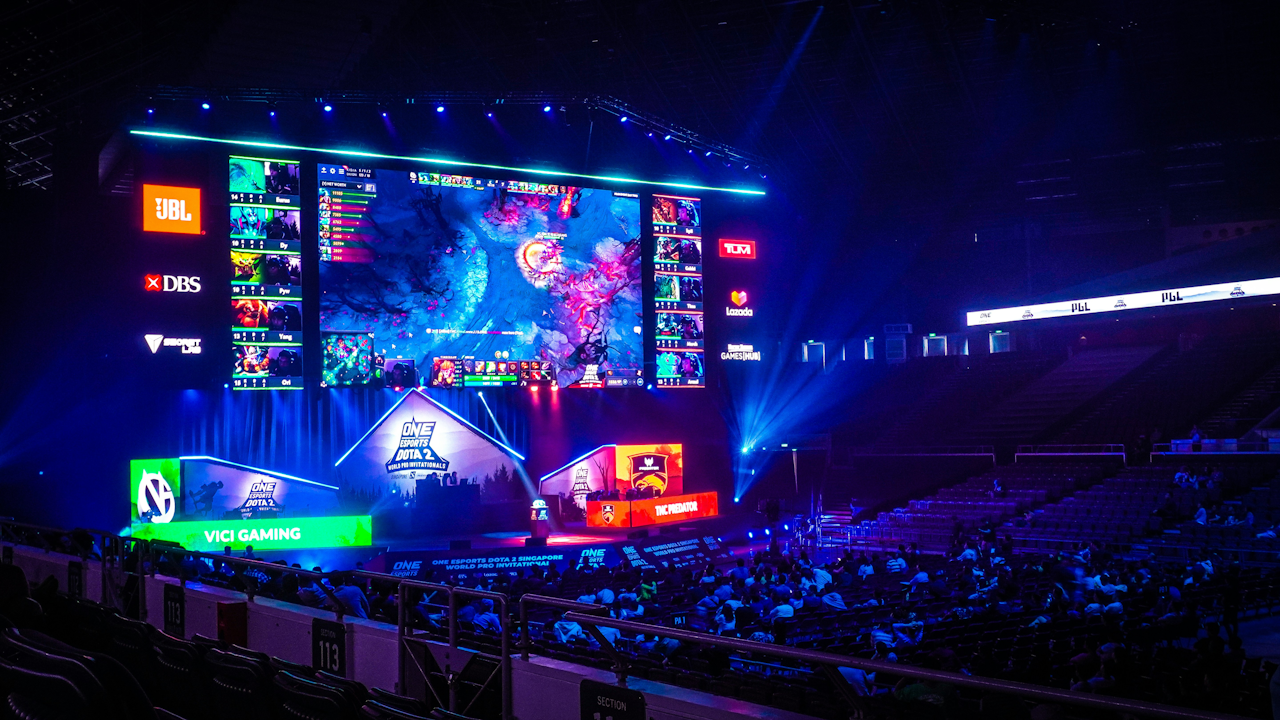In 2025, esports has matured into a global phenomenon that commands the attention of millions. No longer a fringe hobby or a niche pursuit, competitive gaming now stands shoulder to shoulder with traditional sports in terms of audience, revenue, and cultural relevance. With tournaments filling stadiums and top players earning salaries that rival professional athletes, pursuing esports as a career is more viable than ever. Yet, like any competitive field, success demands more than just talent. To thrive in the esports landscape of today, aspiring professionals need a blend of skill, strategy, discipline, and business acumen.
At the core of any esports career is exceptional gameplay. Whether it’s League of Legends, Counter-Strike 2, Valorant, or Dota 2, the fundamental requirement remains mastery of the game. However, in 2025, the bar for what constitutes mastery is incredibly high. The level of mechanical skill and game sense required is the product of years of dedicated practice, often beginning in early adolescence. Players must maintain elite performance under pressure, rapidly adapt to evolving metas, and compete against a global talent pool that is more diverse and skilled than ever before.
Yet talent alone is insufficient. Professional esports now demands a rigorous training regimen comparable to traditional athletics. Top teams employ full-time coaches, analysts, and sports psychologists to optimize performance. Physical wellness is also prioritized, with players following exercise routines, nutrition plans, and even sleep schedules tailored to peak mental acuity. Burnout and repetitive stress injuries are real risks in the high-pressure environment of competitive gaming, so players must also be proactive in managing their health.
Team dynamics have also taken on heightened importance. Unlike the solo grinds of the early 2010s, most major titles today are team-based and require exceptional communication and coordination. In-game synergy and out-of-game chemistry can be the difference between victory and defeat. Players are expected not just to understand their role but to elevate their teammates, respond to feedback, and maintain professionalism during high-stakes matches. Soft skills such as emotional intelligence and resilience are often what separate good players from great ones.
In 2025, the business side of esports is also more prominent than ever. Gone are the days when players could succeed without cultivating a public persona. Today’s professionals must also be content creators, brand ambassadors, and entrepreneurs. Streaming on platforms like Twitch, creating YouTube content, and engaging with fans on social media are essential parts of building a sustainable career. Sponsors and organizations value players who can extend their influence beyond the game itself. Understanding how to manage personal branding, negotiate contracts, and handle public relations is now as important as aim and reflexes.
Aspiring professionals must also navigate a complex and competitive ecosystem. Getting noticed by a top-tier organization typically involves grinding through ranked ladders, participating in amateur tournaments, and making a name in semi-professional leagues. Scouting and recruitment have become highly data-driven, with teams analyzing gameplay statistics, decision-making patterns, and communication habits. Some players are even discovered through AI-driven talent identification systems that have become more prevalent in the last few years.
Education is playing a growing role as well. Many universities now offer esports scholarships, degrees in game design or digital marketing, and even dedicated training facilities. This academic pathway not only helps legitimize esports but also prepares players for life beyond competition. The average career span of a professional esports player is still relatively short, often peaking in the early to mid-20s. As such, career planning is vital. Many players transition into roles as coaches, analysts, content creators, or organizational staff once their competitive days are over.
Financial literacy has emerged as another essential skill. With the influx of prize money, sponsorships, and streaming income, players need to understand how to manage their finances wisely. Mismanagement of funds, lack of savings, and poorly advised investments can derail even the most successful careers. Organizations increasingly provide resources like financial advisors and workshops to support their players in this regard.
Another dimension to consider is the international nature of esports. Tournaments and teams are spread across North America, Europe, Asia, and Latin America. Professionals often relocate, live abroad for months at a time, and adapt to different cultures. Multilingualism and cross-cultural communication are becoming valuable assets. The global nature of esports also means that players must navigate different legal systems, tax obligations, and visa requirements.
Despite the glamor and visibility of the top tier, it’s important to acknowledge that only a small percentage of players make it to the highest level. However, the esports industry offers a wide array of career opportunities beyond being a player. Roles in broadcasting, coaching, event management, marketing, and software development are all critical to the ecosystem. In 2025, the esports industry supports tens of thousands of jobs, and many of these paths offer greater long-term stability.
For those serious about pursuing esports, the path is demanding but increasingly structured. Success requires a strategic mindset, relentless discipline, and an ability to adapt. It’s a career that rewards passion and punishes complacency. But for those who are willing to commit, the world of competitive gaming offers a chance not just to play at the highest level, but to be part of a vibrant and evolving culture that continues to redefine entertainment in the digital age.

